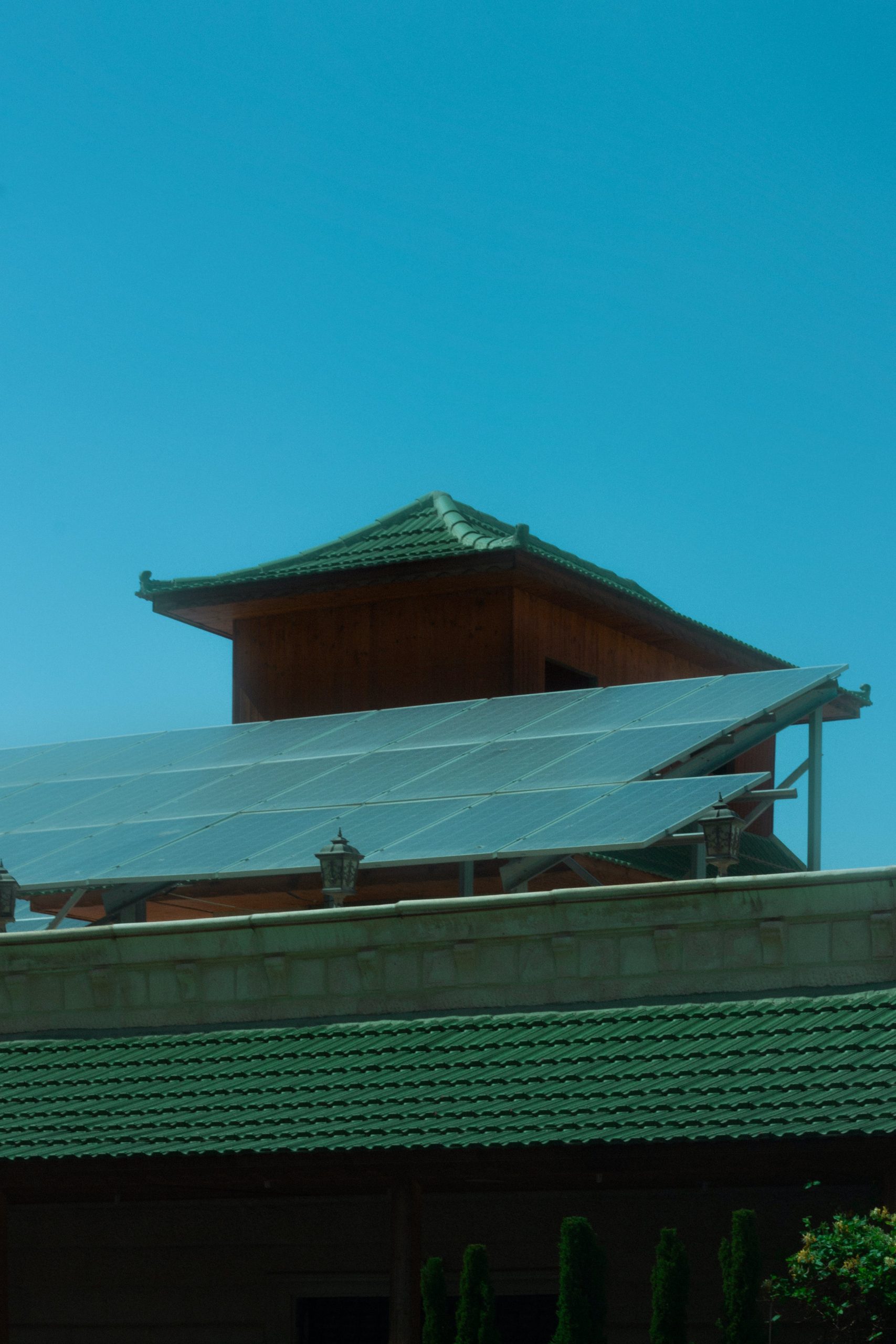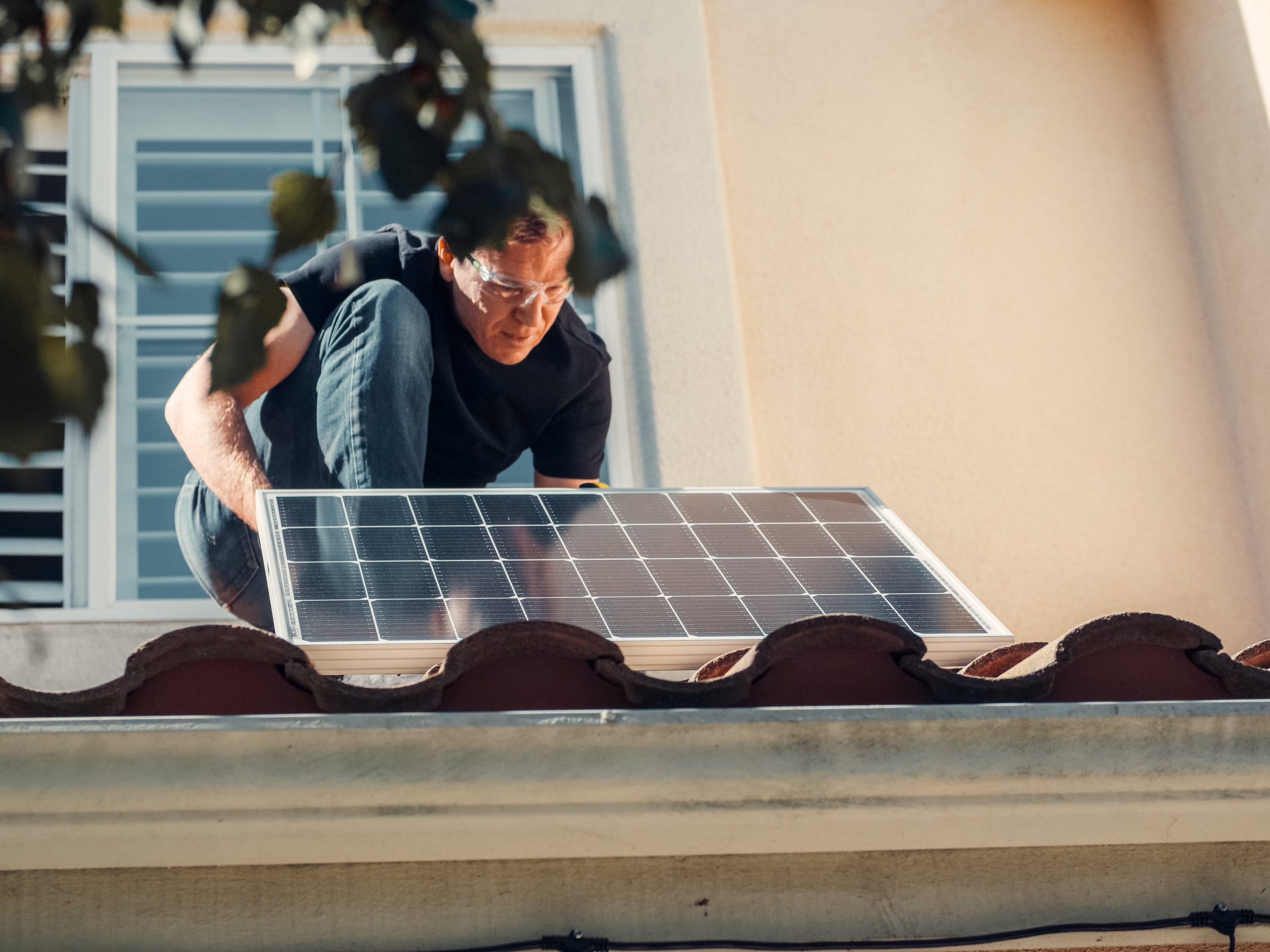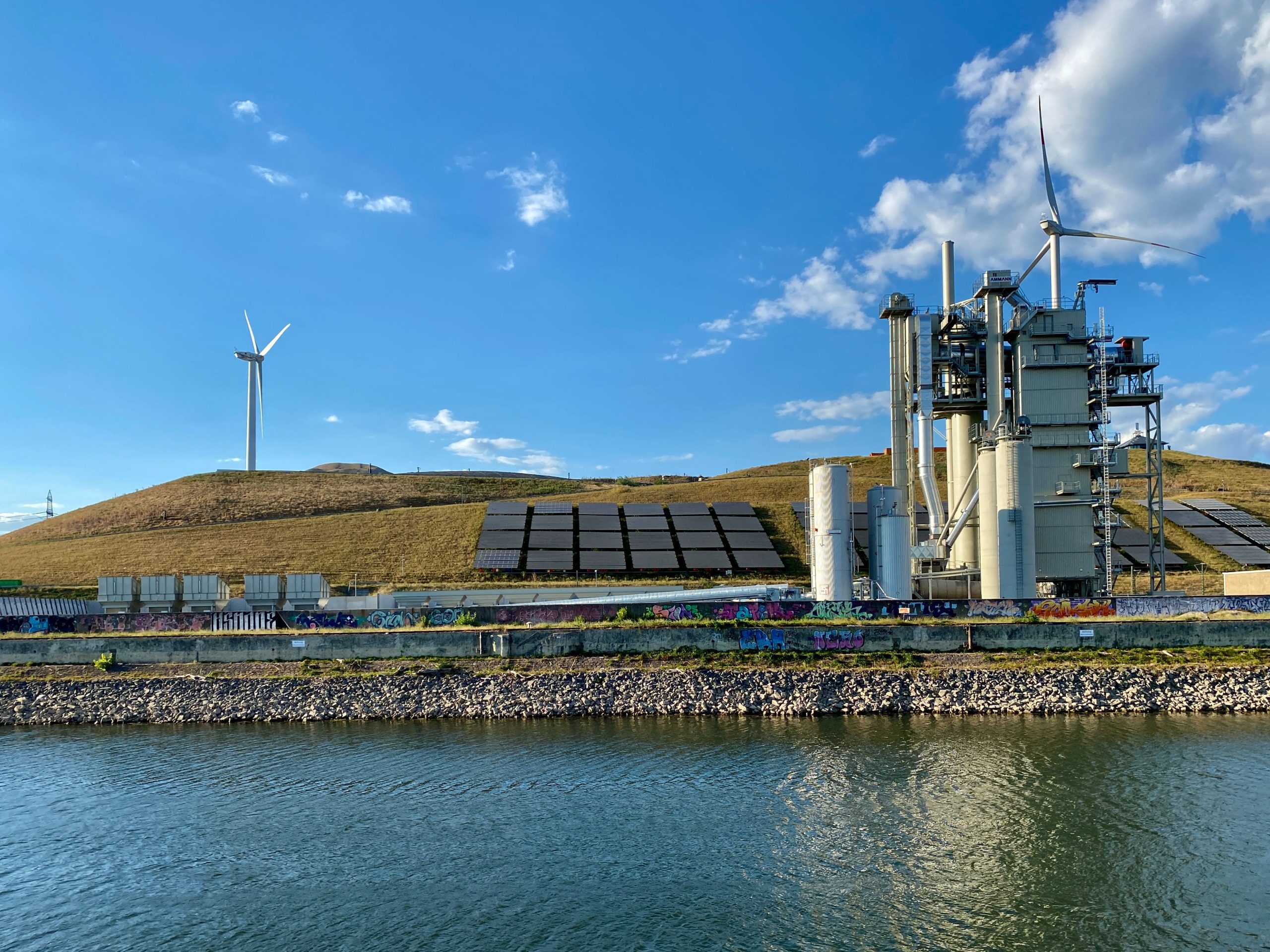How Much is a Solar System for a 2000 sq ft House?
Solar energy has emerged as a sustainable and costeffective alternative to traditional power sources gaining popularity as more homeowners seek ecofriendly solutions. If you’re contemplating a solar system for your 2000 sq ft house it crucial to understand the various factors influencing the cost and make an informed decision tailored to your needs.
- Introduction
- Definition of a Solar System
In essence a solar system for a house involves harnessing energy from the sun through photovoltaic panels. These panels convert sunlight into electricity providing a clean and renewable power source.
- Growing Popularity of Solar Energy
The increasing awareness of environmental issues and the desire for energy independence have contributed to the rising popularity of solar energy solutions.
- Factors Influencing Solar System Cost
- House Size and Energy Needs
The size of your house and your energy consumption patterns significantly impact the size and cost of the solar system required.
- Type of Solar Panels
Choosing between monocrystalline polycrystalline or thinfilm solar panels affects both efficiency and cost.
- Installation Complexity
The complexity of the installation process influenced by the house architecture can affect overall costs.
- Government Incentives
Explore available federal state and local incentives to reduce upfront costs and promote solar adoption.
III. Calculating Solar System Size
- Understanding Energy Consumption
Evaluate your energy needs by assessing your past utility bills and considering potential future changes.
- Estimating Required Solar Capacity
Work with solar experts to determine the appropriate system size based on your energy consumption.
- Types of Solar Panels
- Monocrystalline
Known for high efficiency and sleek aesthetics monocrystalline panels are a premium option.
- Polycrystalline
Polycrystalline panels offer a costeffective alternative with slightly lower efficiency.
- ThinFilm
Thinfilm panels are flexible and lightweight suitable for specific installation scenarios.
- Installation Costs
- Professional Installation vs. DIY
While professional installation ensures optimal performance some homeowners opt for DIY solutions to save costs.
- Labor and Permitting Expenses
Consider additional costs related to labor and obtaining necessary permits for the installation.
- Government Incentives
- Federal Tax Credits
Take advantage of federal tax credits that can significantly reduce the overall cost of your solar system.
- State and Local Incentives
Explore additional incentives provided by your state or local government to maximize savings.
VII. Financing Options
- Loans
Securing a solar loan allows you to spread the upfront cost over a period making solar more accessible.
- Leases
Leasing a solar system provides an alternative for homeowners who prefer not to own the equipment.
- Power Purchase Agreements PPAs
PPAs allow homeowners to purchase the electricity generated by the solar system without owning the equipment.
VIII. Maintenance Costs
- Routine Maintenance
Regular maintenance ensures the longevity and optimal performance of your solar system.
- Warranties
Explore warranties provided by solar panel manufacturers and installation companies for added peace of mind.
- Return on Investment ROI
- Evaluating the Payback Period
Assess the time it takes for your solar system to pay for itself through energy savings.
- LongTerm Savings
Consider the significant longterm savings on your utility bills as a compelling aspect of solar investment.
- Environmental Impact
- Reduction in Carbon Footprint
Solar energy significantly reduces your carbon footprint contributing to a more sustainable lifestyle.
- Advantages for EcoConscious Homeowners
The environmental benefits of solar systems appeal to homeowners committed to reducing their ecological impact.
- Choosing the Right Solar System
- Customized vs. PreDesigned Systems
Evaluate whether a customized or predesigned solar system better suits your specific needs and budget.
- Consultation with Solar Experts
Seek guidance from solar experts to ensure you make an informed decision aligned with your goals.
XII. Common Misconceptions
- Solar Systems Are Too Expensive
Address the misconception that solar systems are prohibitively expensive emphasizing longterm savings.
- Maintenance Is Cumbersome
Dispel myths about the difficulty of solar system maintenance emphasizing the simplicity of routine care.
XIII. RealLife Examples
- Case Studies of 2000 sq ft Houses
Explore reallife examples of homeowners who have successfully adopted solar solutions for their similarly sized houses.
- Success Stories and Testimonials
Share success stories and testimonials to inspire confidence in the feasibility and benefits of solar adoption.
XIV. Future Trends
- Advancements in Solar Technology
Highlight ongoing advancements in solar technology that may lead to cost reductions and increased efficiency.
- Anticipated Cost Reductions
Discuss industry projections for future cost reductions in solar system installations.
- Final Word
- Recap of Key Considerations
Summarize the key factors influencing the cost of a solar system for a 2000 sq ft house.
- Encouragement for Solar Adoption
Encourage readers to explore solar options for their homes considering the longterm benefits and positive environmental impact.
Frequently Asked Questions
- Q: How much does a solar system for a 2000 sq ft house typically cost?
A: The cost varies based on factors like house size energy needs and chosen solar panels. It recommended to get a personalized quote from a solar expert.
- Q: Are there financing options available for installing a solar system?
A: Yes financing options like loans leases and Power Purchase Agreements PPAs make solar systems more accessible to homeowners.
- Q: What is the payback period for a solar system?
A: The payback period depends on factors like energy consumption and incentives. On average it ranges from 5 to 15 years.
- Q: How do I choose the right type of solar panels for my house?
A: Consult with solar experts to determine the most suitable panel type based on efficiency aesthetics and budget.
- Q: What maintenance is required for a solar system?
A: Routine maintenance such as cleaning and checking for debris is essential. Most systems come with warranties covering major components.










